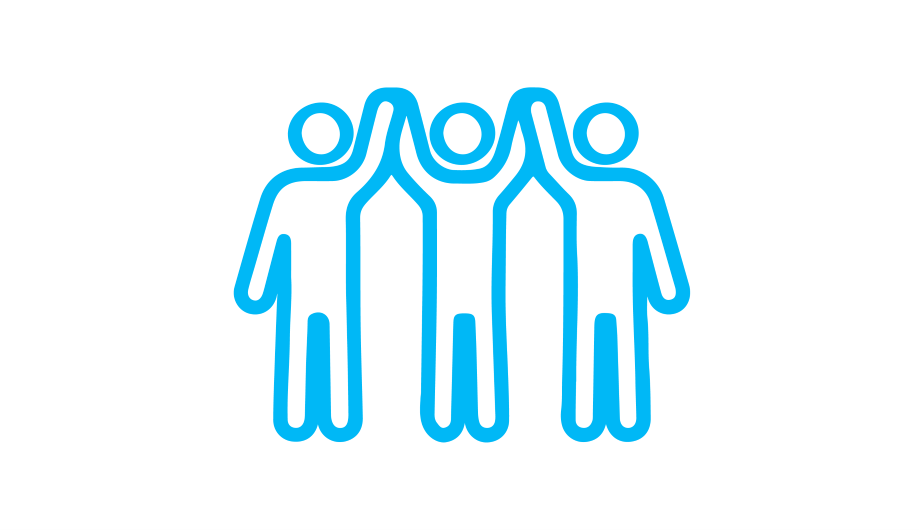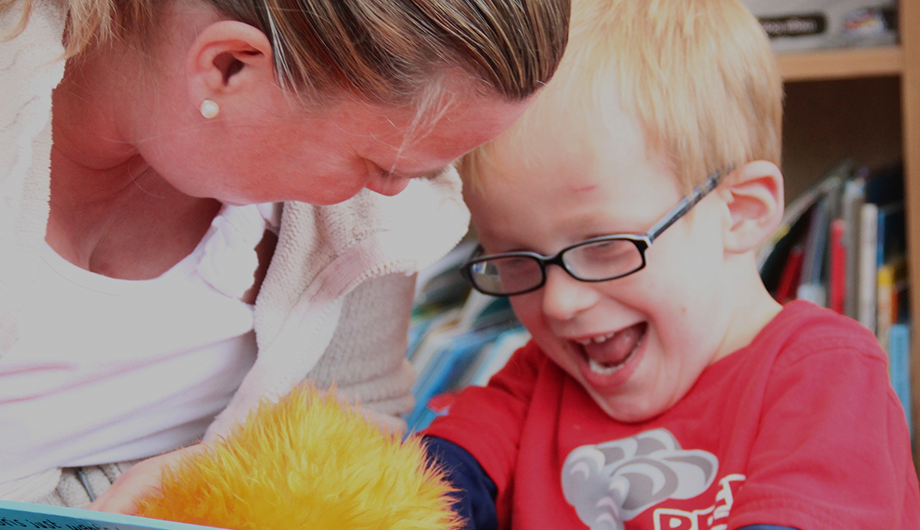
PBS - your questions
Information and videos about why Positive Behaviour Support (PBS) might be a helpful approach and how we can make it happen.

All behaviour happens for a reason and being aware of the reason is very important. This page suggests how to get help with your family member’s behaviour and what to do if referrals to services do not lead to assessments or support.
All behaviour happens for a reason and being aware of the reason is very important. There are a few factors to consider:
1) Firstly you can check for any health problems. Speak to your GP/Dentist, as undiagnosed medical needs may be the cause of the challenging behaviour or may make it worse e.g. a child may be banging their head due to an ear infection/toothache but may not be able to tell you about this pain. Try to provide as much information as possible i.e. what type of challenging behaviour is displayed, when it happens and how long it lasts. It is also important to have regular reviews of medication to check that it is still appropriate and that the challenging behaviour being displayed is not a side effect of the medication.
2) You may wish to speak to your family member’s school/college/care provider/respite service to discuss any strategies they are using that work well. Some providers also have access to behavioural specialists who can provide assessments and advice.
3) Child and Adolescent Mental Health Service (CAMHS) can help to assess emotional, behavioural or mental health problems in children and young people. Your GP can refer to CAMHS, who may be able to identify triggers of your child’s behaviour and suggest support strategies to try.
Adults can be referred to the Community Learning Disability Team for support, also via the GP. These teams usually consist of various professionals, including Learning Disability Nurses and Clinical Psychologists, but vary by area.
4) There are three assessments that may provide further valuable information:
You shouldn’t have to manage all on your own – families have a right to support. It’s known that there are effective ways to change behaviour and that it’s best to start as early as possible. Services vary from area to area and it can take a really long time to get any help. A lot of families struggle to make people understand how much they need help and then to get any help; this is very frustrating and makes families feel more isolated. With the CBF’s information it is possible to start to use Positive Behaviour Support yourself, but it is easier and more effective with professional input. To access help you could:
If you’ve been to a local team and they have done all they can for your family member, ask them to refer to a specialist service for further help. There are specialist national services for children and adults at the South London and Maudsley Hospital that local health professionals may be able to refer to.
Find independent specialist help
If you find there is no local or national support available, ask if the school, care provider or respite service has access to a behaviour specialist. If they don’t, the CBF have a list of independent behaviour consultants available on request that they could use to ‘buy in’ the specialist help. Some people may be able to choose to use behaviour consultants privately and pay for the service themselves.
Where an area has nothing available, people can ask the NHS to fund the health services they need. Write a letter to the Clinical Commissioning Group (CCG) to request a specialist in functional assessment to be made available as part of the local offer. You can use this a template letter to help you and find the address of your CCG using this NHS Choices search tool.
Download our editable template for a letter for getting behavioural support
Sometimes a family member’s behaviour becomes too challenging for the people supporting them. If the situation gets to crisis, or the person is at risk of being admitted to an Assessment and Treatment Unit (inpatient hospital) you can:

Information and videos about why Positive Behaviour Support (PBS) might be a helpful approach and how we can make it happen.

Watch our three video clips: 'What is PBS?', 'Putting it into practice', and 'Understanding behaviour'.

‘Challenging behaviour’ is how we talk about a range of behaviours which some people with severe learning disabilities may display to get needs met. Find out more about why people display challenging behaviour and how the CBF can help.